Accounting software is a digital tool for managing financial transactions and records. It automates bookkeeping tasks and generates financial reports.
Businesses of all sizes use accounting software to streamline financial management. This software helps track income, expenses, and other financial activities. It offers features like invoicing, payroll, and tax preparation. By automating repetitive tasks, businesses save time and reduce errors.
The software also provides real-time financial data, aiding better decision-making. Various options are available, from basic tools for small businesses to advanced systems for large enterprises. Choosing the right accounting software can improve efficiency and accuracy in financial operations. This essential tool supports compliance and helps businesses maintain financial health.
Table of Contents
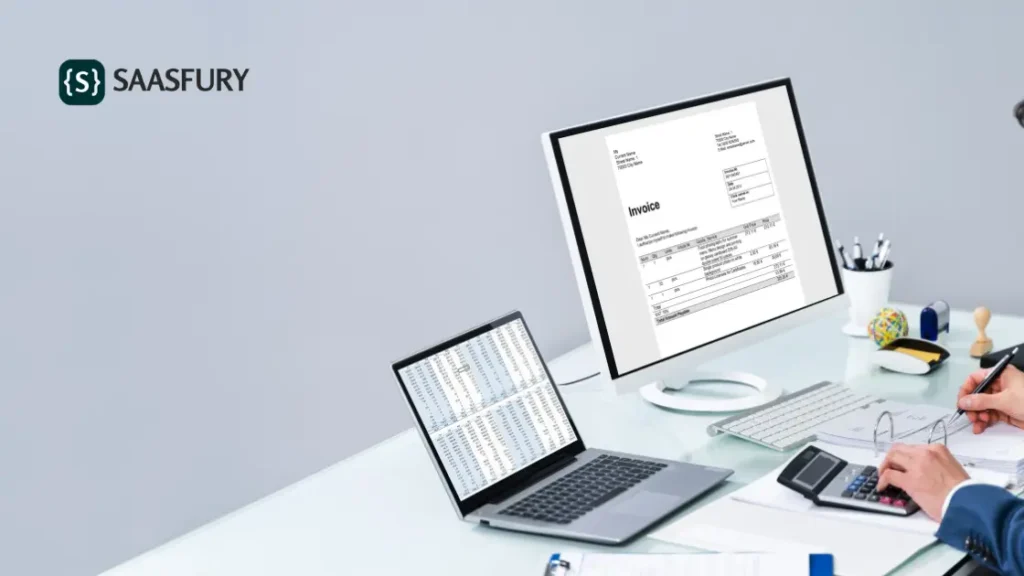
Introduction To Accounting Software
Accounting software is a vital tool for businesses today. It helps manage financial transactions and keep records. Understanding accounting software can improve your business operations.
Definition And Purpose
Accounting software is a computer program. It helps businesses track financial information. This includes income, expenses, and assets.
The main purpose is to streamline financial management. It reduces errors and saves time. Businesses can generate financial reports quickly.
Key features include:
- Invoicing
- Payroll
- Inventory Management
- Tax Preparation
Historical Evolution
Accounting practices date back to ancient times. Early methods were manual and time-consuming. Luca Pacioli introduced double-entry bookkeeping in 1494. This changed accounting forever.
In the 20th century, computers revolutionized accounting. The first accounting software appeared in the 1970s. Businesses quickly adopted it for its efficiency.
Today, cloud-based accounting software is popular. It offers real-time updates and remote access. This has made accounting more accessible and efficient.
| Era | Key Development |
|---|---|
| Ancient Times | Manual Record Keeping |
| 1494 | Double-entry Bookkeeping |
| 1970s | First Accounting Software |
| Present | Cloud-based Solutions |
Today’s accounting software is user-friendly. It allows businesses of all sizes to manage finances efficiently. This software continues to evolve, offering new features and improvements.
Key Features Of Accounting Software
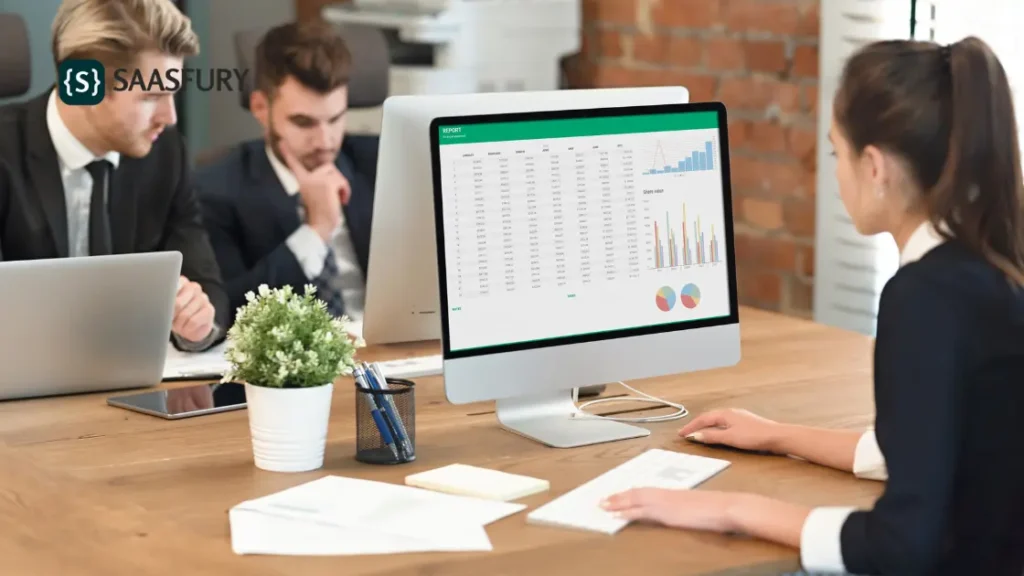
Understanding the key features of accounting software helps businesses choose the right tools. These features streamline financial tasks and improve accuracy. Let’s explore some essential aspects.
Automated Bookkeeping
Automated bookkeeping is a standout feature in accounting software. This feature reduces manual data entry, saving time and reducing errors.
- Transaction Recording: Automatically records all financial transactions.
- Bank Reconciliation: Matches bank statements with recorded transactions seamlessly.
- Recurring Payments: Schedules and processes regular payments without manual input.
Automated bookkeeping makes managing finances easier and more reliable. Businesses can focus on core activities rather than mundane tasks.
Financial Reporting
Financial reporting is crucial for understanding a business’s health. Accounting software offers various reporting tools to analyze financial data.
- Income Statements: Detailed reports on revenue and expenses.
- Balance Sheets: Snapshot of assets, liabilities, and equity.
- Cash Flow Statements: Tracks the flow of cash in and out of the business.
With these reports, businesses can make informed decisions. They help in monitoring performance and planning for the future.
Accounting software also offers customizable reports. Users can tailor reports to meet specific needs, providing deeper insights.
Types Of Accounting Software
Understanding the different types of accounting software can help you make an informed decision. Each type offers unique features tailored to specific needs. Let’s explore the main categories.
Desktop Vs Cloud-based
Desktop accounting software is installed directly on your computer. It doesn’t require an internet connection to use. This type offers high security because your data is stored locally. Examples include QuickBooks Desktop and Sage 50.
Cloud-based accounting software is hosted online. You can access it from any device with an internet connection. It offers real-time updates and easy collaboration. Examples include QuickBooks Online and Xero.
| Feature | Desktop | Cloud-Based |
|---|---|---|
| Accessibility | Local Computer | Any Device with Internet |
| Updates | Manual | Automatic |
| Security | Local Storage | Encrypted Online Storage |
Industry-specific Solutions
Some accounting software is designed for specific industries. These solutions offer features tailored to industry needs. Let’s look at a few examples:
- Construction: Software like Sage 100 Contractor helps manage project costs.
- Retail: Solutions like Square for Retail track sales and inventory.
- Nonprofits: Software like Aplos helps manage donations and grants.
Industry-specific solutions can save time by automating tasks. They also offer reports relevant to your industry. Choosing the right type can make your accounting more efficient.
Benefits For Businesses
Accounting software offers many advantages for businesses. It streamlines processes and improves efficiency. Below, we explore some key benefits:
Efficiency And Accuracy
Accounting software automates many tasks. This reduces human error and saves time. Here are some features that boost efficiency and accuracy:
- Automated Data Entry: The software inputs data automatically.
- Real-Time Reporting: Get instant access to financial reports.
- Cloud Storage: Access your data from anywhere.
These features ensure data is always accurate. This helps in making informed decisions quickly.
Cost Savings
Using accounting software can save money. Here are some ways it helps:
| Feature | Cost-Saving Benefit |
|---|---|
| Automated Invoicing | Reduces manual labor costs. |
| Minimized Errors | Saves money on error corrections. |
| Tax Compliance | Avoids penalties by ensuring accurate tax filings. |
Businesses can allocate saved resources to other areas. This enhances overall growth and productivity.
Popular Accounting Software Options
Choosing the right accounting software can make managing finances easier. There are many popular options available. Each has unique features to help businesses stay organized. Below are some of the best accounting software options to consider.
Quickbooks
QuickBooks is a widely used accounting software. It is suitable for small to medium-sized businesses. QuickBooks offers a range of features:
- Invoicing
- Expense tracking
- Payroll management
- Financial reporting
QuickBooks also integrates with many third-party apps. It is user-friendly and provides strong customer support.
Xero
Xero is another popular choice. It is known for its cloud-based solutions. Xero is perfect for businesses of all sizes. Key features include:
- Bank reconciliation
- Project management
- Inventory tracking
- Multi-currency support
Xero offers a mobile app for on-the-go management. It integrates well with other business tools. Xero’s dashboard is intuitive and easy to navigate.
Choosing The Right Software
Choosing the right accounting software for your business is crucial. It ensures smooth financial operations and helps in decision-making. Let’s dive into the key factors to consider.
Assessing Business Needs
Identify the specific needs of your business. This could include managing invoices, tracking expenses, or generating financial reports.
- Small businesses may need simple invoicing and expense tracking.
- Medium-sized businesses might require payroll integration and inventory management.
- Large enterprises often look for advanced features like multi-currency support and detailed analytics.
Understand what features are essential for your business size. Choose software that aligns with these needs.
Budget Considerations
Set a budget for your accounting software. Determine how much you can afford to spend.
| Business Size | Budget Range |
|---|---|
| Small Business | $10 – $50 per month |
| Medium Business | $50 – $200 per month |
| Large Enterprise | $200+ per month |
Consider both upfront costs and subscription fees. Also, factor in costs for additional users or advanced features.
Choose wisely to balance cost and functionality.
Implementation Tips
Implementing accounting software can be a game-changer for your business. It streamlines financial tasks and boosts efficiency. Proper implementation is crucial for success. Here are some key tips to ensure a smooth transition.
Data Migration
Data migration is moving old data to the new system. This step is critical for a seamless transition.
- Back up all existing data before starting the migration.
- Ensure data is clean and organized for easy transfer.
- Use data mapping to match old data fields with new ones.
- Test the migration process with a small data set first.
- Address any issues before migrating the entire data set.
Training Employees
Training your employees on the new system is essential for smooth adoption. Well-trained employees can maximize the software’s benefits.
- Provide hands-on training sessions for all users.
- Offer step-by-step guides and manuals.
- Encourage employees to ask questions and provide feedback.
- Set up a support team for ongoing assistance.
- Regularly update training materials as the software evolves.
By following these tips, you can ensure a smooth and successful implementation of your accounting software.
Future Trends In Accounting Software
Accounting software is evolving rapidly. New technologies drive these changes. Businesses must stay updated to remain competitive. Future trends in accounting software offer exciting possibilities. Let’s explore these trends.
Ai And Automation
Artificial Intelligence (AI) is transforming accounting. AI can handle repetitive tasks. This reduces errors and saves time. Automation streamlines processes. It enables real-time data analysis. This leads to better decision-making.
AI also improves accuracy. It can predict financial trends. This helps businesses plan effectively. Automation allows for faster transactions. This improves customer satisfaction.
Blockchain Integration
Blockchain technology is another game-changer. It offers secure and transparent transactions. Blockchain reduces fraud risks. It provides a tamper-proof record of all transactions.
Smart contracts are a key feature. They automate contract execution. This ensures compliance and reduces disputes. Blockchain also enhances data integrity. It makes auditing easier and more reliable.
| Trend | Benefits |
|---|---|
| AI and Automation |
|
| Blockchain Integration |
|
These trends are shaping the future of accounting software. Businesses should embrace these technologies. This will ensure they stay ahead in the competitive market.
Conclusion
Accounting software streamlines financial management, making it accessible and efficient. It helps businesses save time and reduce errors. By automating tasks, it ensures accuracy and compliance. Choosing the right software can enhance productivity and support growth. Embrace accounting software to gain better financial control and insights for your business.

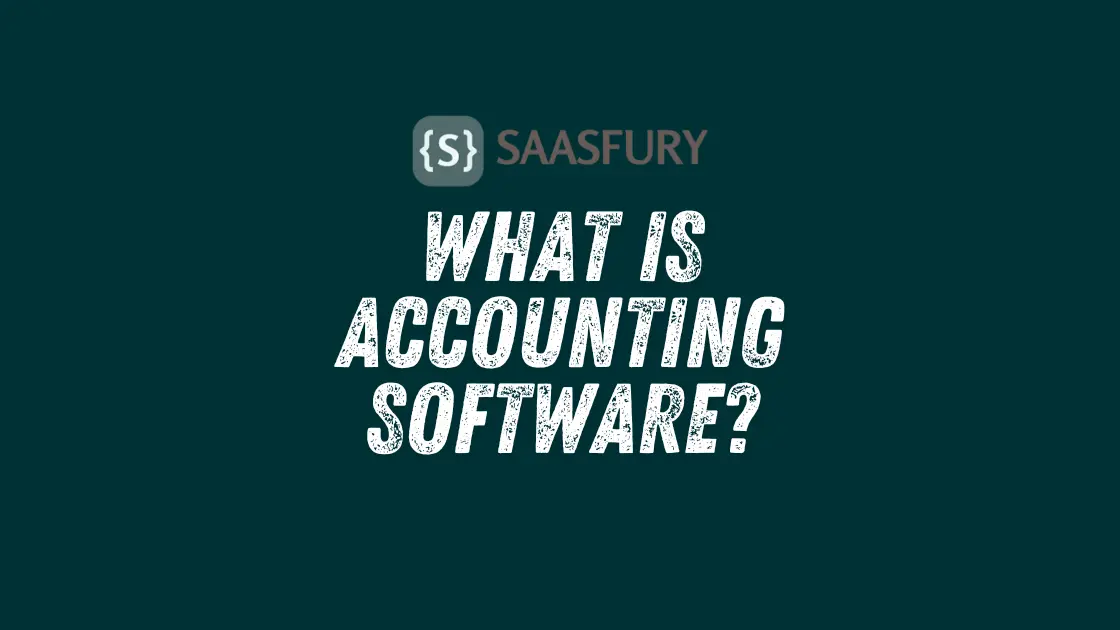
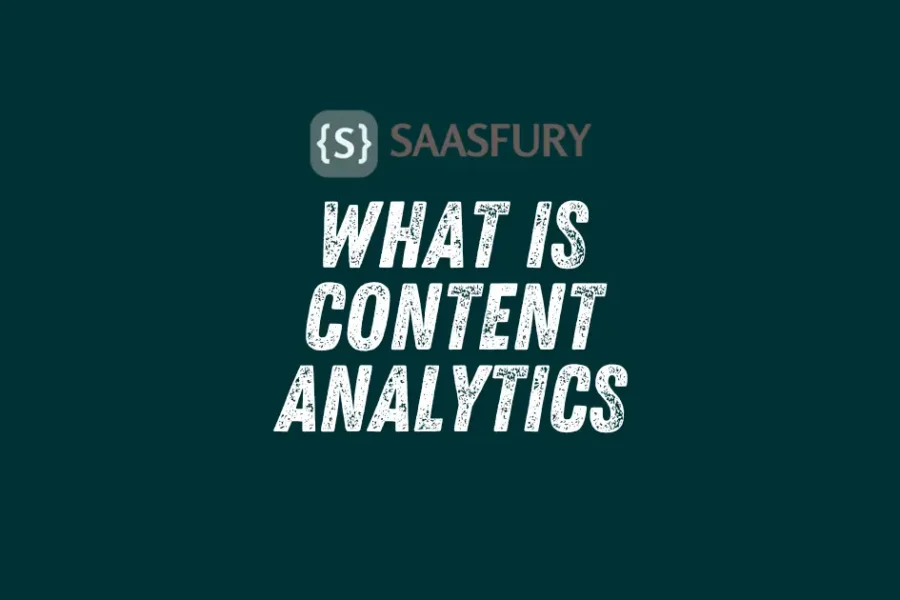
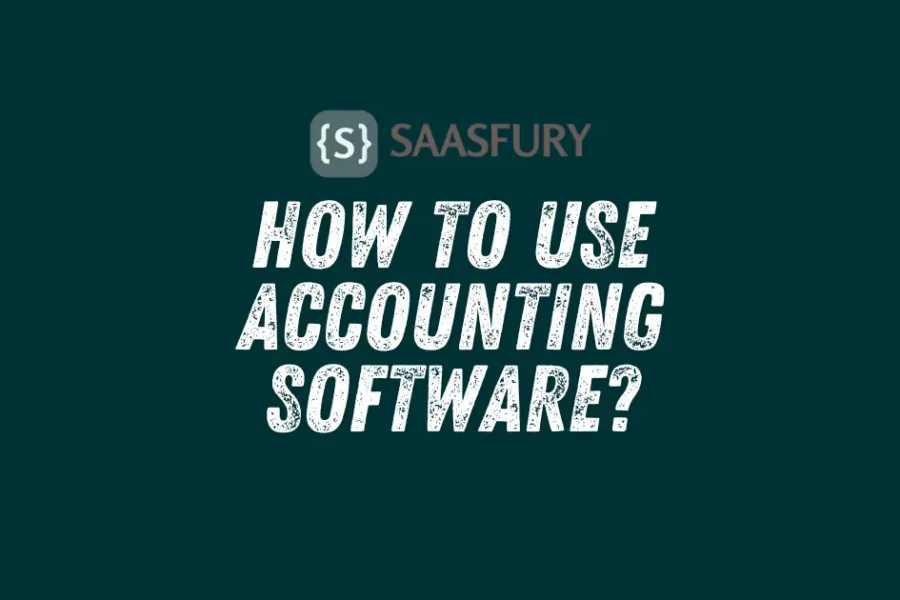
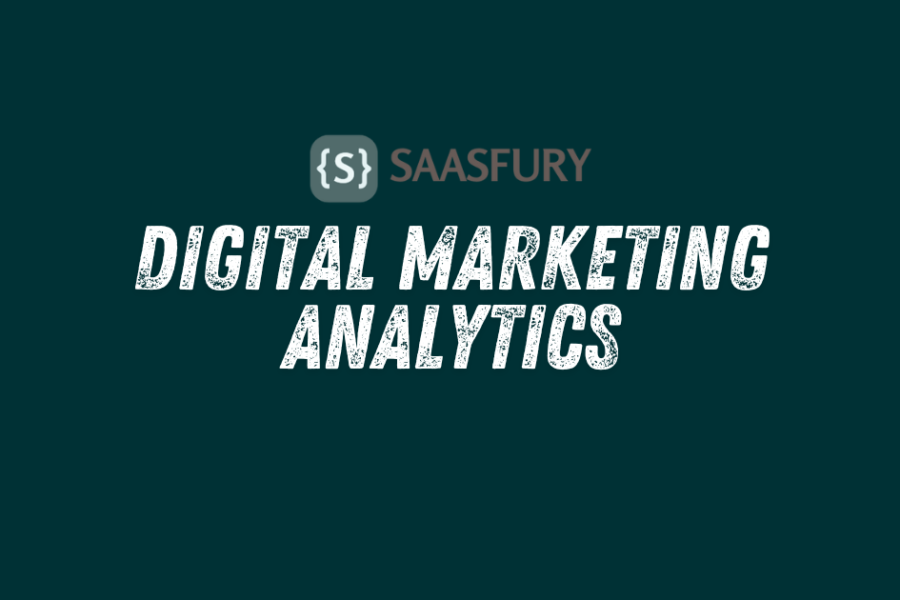
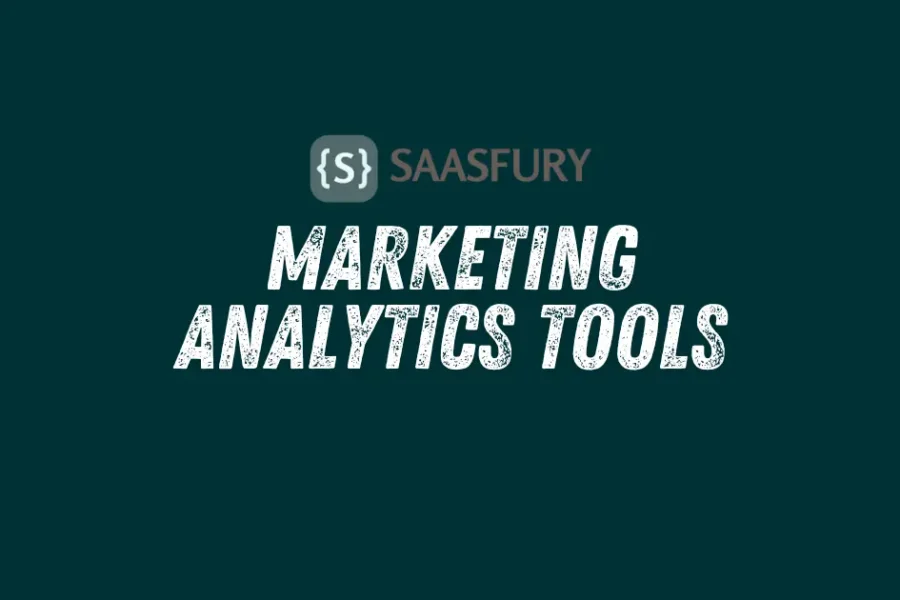
Leave a Comment